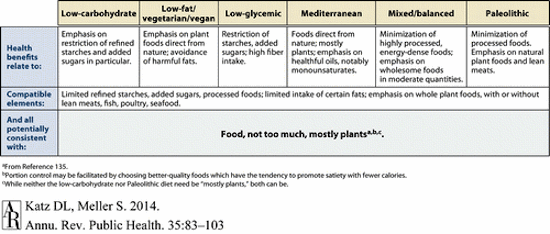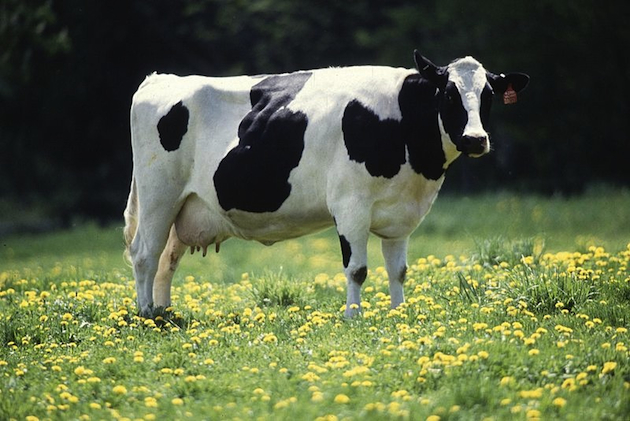
<span><a href="http://www.shutterstock.com/pic-129447068/stock-photo-diet-weight-loss-breakfast-concept-with-tape-measure-organic-green-apple-cereal-bowl-orange-juice.html?src=8EFunX7plPedZ9ejJ5wxaA-1-6" target="_blank">Dmitry Lobanov</a>/Shutterstock</span>
What’s the best diet to follow to get healthy—should you go Paleo, low glycemic, low-carb, Mediterranean, or low-fat? For a paper released last month in the Annual Review of Public Health, Yale medical researchers David Katz and Samuel Meller surveyed the scientific evidence and decided … all of the above. Specifically, they found that all of these fad diets can be consistent with these basic principles:
The weight of evidence strongly supports a theme of healthful eating while allowing for variations on that theme. A diet of minimally processed foods close to nature, predominantly plants, is decisively associated with health promotion and disease prevention and is consistent with the salient components of seemingly distinct dietary approaches. [Emphasis added.]
But what about the Paleo diet, which encourages meat eating? The authors conclude the “aggregation of evidence” supports meat eating, as long as the “animal foods are themselves the products, directly or ultimately, of pure plant foods—the composition of animal flesh and milk is as much influenced by diet as we are.” That’s entirely consistent with the Paleo push for meat from pasture-raised animals, and brought to mind a study I wrote about late last year finding that cows fed on grass deliver milk with healthier fat profile than their industrially raised peers.
The Yale paper essentially cuts through the hype of various fad diets and affirms the koan-like advice put forward by author Michael Pollan in his 2008 book In Defense of Food: “Eat food. Not too much. Mostly plants.” In fact, the authors reference Pollan directly in the chart that summarizes their findings:















